|
|
|
|
Public transit offers yet more evidence that the mantra “we’re all in this together” during the COVID-19 pandemic is a fallacy. Canadian cities are grappling with further cutting or even eliminating public transit services due to the pandemic’s economic hit and no government funding help — and once again it’s vulnerable and low-income people who will be the most dramatically affected, according to research highlighted today in The Conversation Canada.
In a survey of regular transit riders, human geography academics Matthew Palm, Jeff Allen and Steven Farber of the University of Toronto found that public transit cuts jeopardize the welfare of hundreds of thousands of Canadians who depend on public transportation to get to work, access essential services or provide care to family members. The damage of lost transit for vulnerable households will likely spill over into other domains, such as employment and health care. They urge Canadian policy-makers not to leave these citizens stranded.
Also today:
Regards,
|
Lee-Anne Goodman
Politics, Business + Economics Editor
|

|
|
Coronavirus News
|
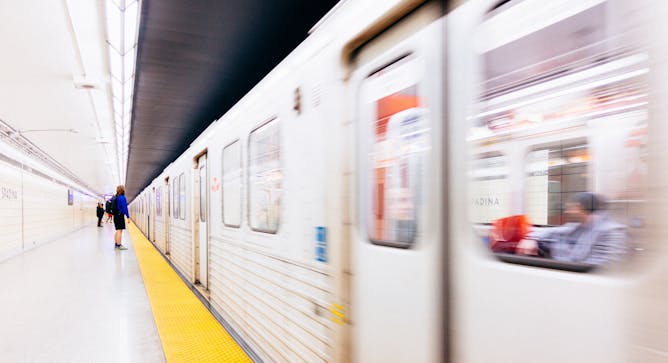
New research suggests many Canadians cannot afford to forgo public transit during the COVID-19 pandemic — or ever.
Jed Dela Cruz/Unsplash
Matthew Palm, University of Toronto; Jeff Allen, University of Toronto; Steven Farber, University of Toronto
Many of Canada's residents, including essential workers, have no choice but to ride transit. Service cuts may cripple their access to essential destinations if governments do not intervene.
|
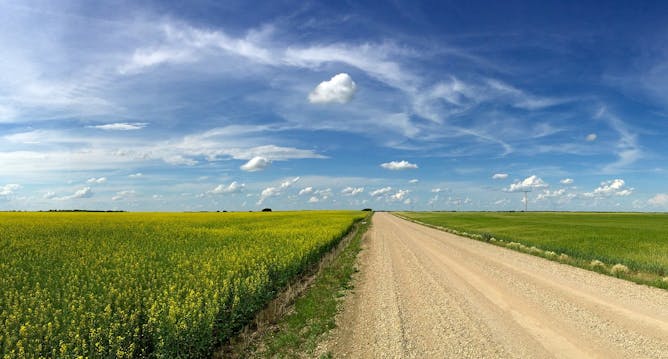
Farm fields are seen near Watrous, Sask.
(Pixabay)
Grant Alexander Wilson, University of Saskatchewan
As the world's population grows, agriculture and related industries will grow in size and importance in Canada. Smart investors should bet on Canadian farmland.
|
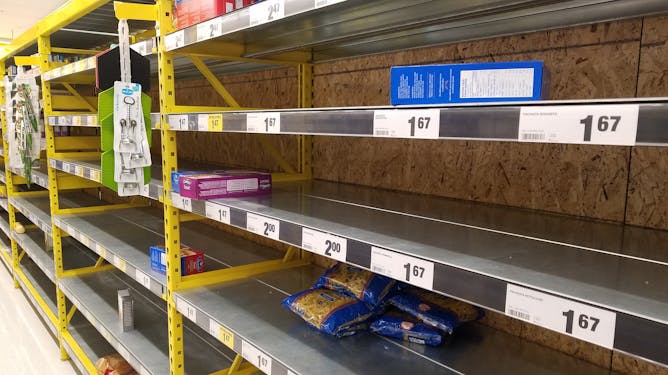
Empty shelves in a grocery store in Toronto on March 22, 2020 as customers stock up on dry goods and shelf-stable foods.
(Shutterstock)
Martin Scanlon, University of Manitoba; Rene Van Acker, University of Guelph; Rickey Yada, University of British Columbia
Using innovative technologies like Bitcoin and automation can help protect our food supply chains from disruptions like the one caused by the current coronavirus pandemic.
|
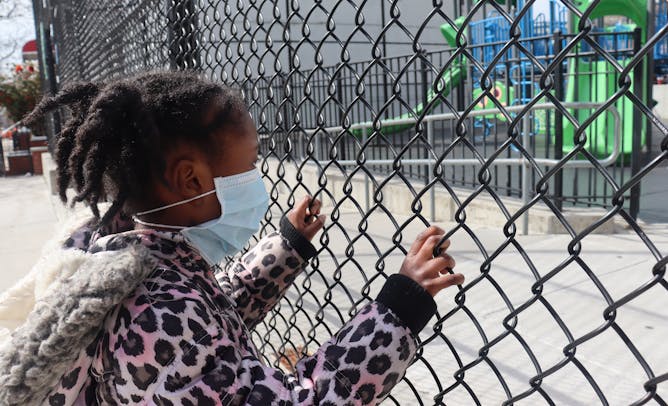
The COVID-19 pandemic provides an opportunity for us to rethink and redesign how schools support children’s social connections and opportunities for informal play and recreation.
(Shutterstock)
Lauren McNamara, Ryerson University; Pasi Sahlberg, UNSW
Global experts in child development say recess will be critical for children’s well-being when schools reopen, so education authorities should see planning recess as a high priority.
|
Non-Coronavirus News
|

The matchstick-size implant is shown here with an insertion device.
Unsplash
Martha Paynter, Dalhousie University
Nexplanon, a long-acting reversible contraceptive that is implanted in the arm for up to three years, is a welcome addition to birth control options in Canada.
|

Sipa USA Minneapolis Star Tribune/TNS/Sip
Timothy J. Lynch, University of Melbourne
Trump's critics have assailed his handling of both coronavirus and the Minneapolis unrest. His election opponent, Joe Biden, though, has yet to show he can be the more effective leader, either.
|

Sipa USA
Michael Douglas, University of Western Australia
Trump’s recent executive order may limit section 230 of the Communications Decency Act - the 'bedrock of the internet'. What does that mean for Australia?
|

The astronauts during a dress rehearsal.
NASA/Bill Ingalls/EPA
Gareth Dorrian, University of Birmingham; Ian Whittaker, Nottingham Trent University
To intercept the ISS, the capsule must match the station’s speed, altitude and inclination.
|
La Conversation Canada
|
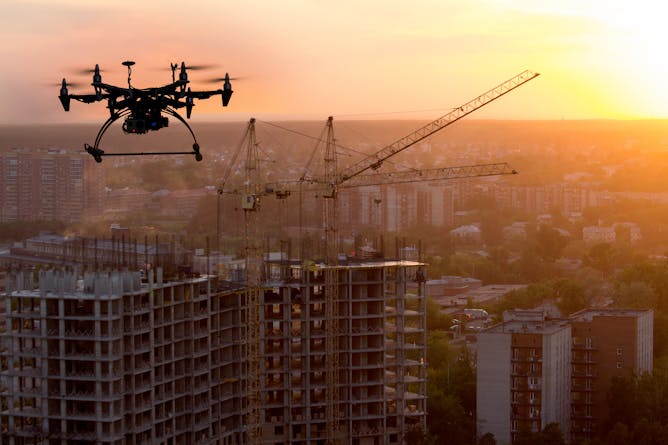
Un drone survolant une ville. De nombreuses municipalités en Europe ont déployé des drones munis de capteurs thermiques afin de survoler les espaces publics et repérer les personnes fiévreuses ou violant les règles de confinement durant la pandémie.
Shutterstock
Benoit Dupont, Université de Montréal
La tentation du « techno-solutionnisme », qui privilégie des solutions techniques pour répondre aux problèmes sociaux les plus complexes, peut nous précipiter dans une ère de surveillance totale.
|
| |
| |
| |
| |
| |
| |
|
|
|
|
|
|
|